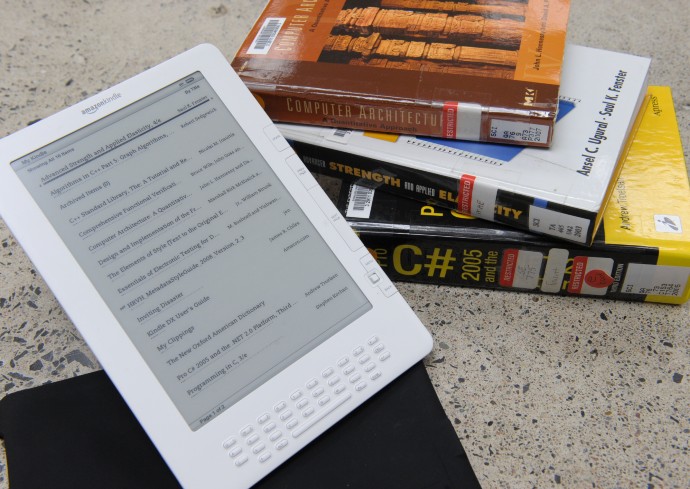6 A&S Physicists Awarded Breakthrough Prize
Our universe is dominated by matter and contains hardly any antimatter, a notion which still perplexes top scientists researching at CERN’s Large Hadron Collider. The Big Bang created equal amounts of matter and antimatter, but now nearly everything—solid, liquid, gas or plasma—is…


 “As an academic librarian who thinks about information literacy all the time, it’s really exciting to collaborate with faculty across the University to not only look at academic coursework that enhances these skills, but also co-curricular experiences,” says Delevan.
“As an academic librarian who thinks about information literacy all the time, it’s really exciting to collaborate with faculty across the University to not only look at academic coursework that enhances these skills, but also co-curricular experiences,” says Delevan.